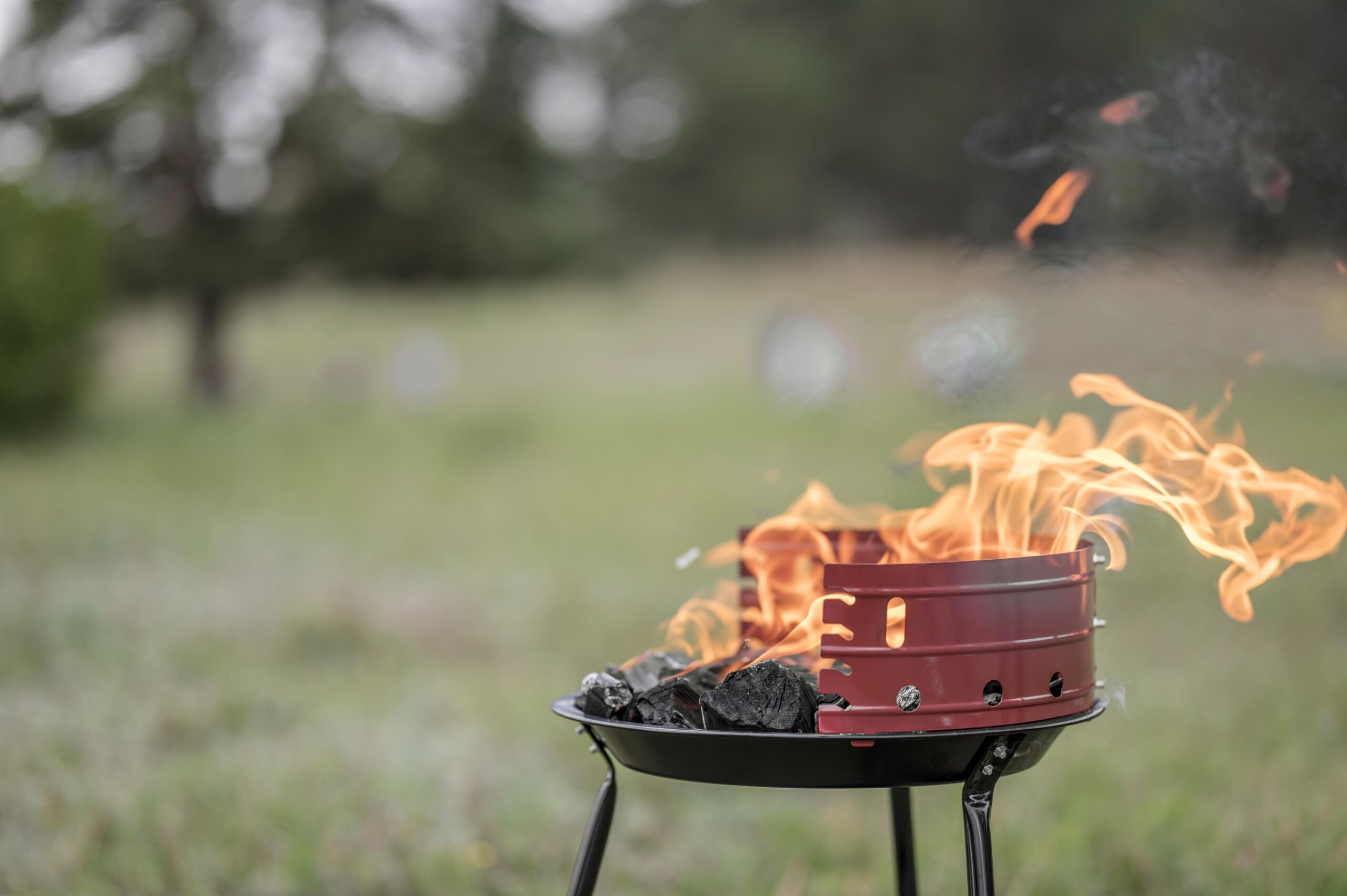Many of us enjoy spending time in our gardens, which may involve having a bonfire, using a barbecue, or lighting a chiminea.
However, knowing the laws, environmental impact, health effects, and safety considerations surrounding garden fires is essential. Please keep in mind that this should also be read in conjunction with your occupation contracts (tenancy agreements) you recently issued to ensure terms are not breached and you are safe.
Garden Bonfires: Did you know there are no laws prohibiting garden bonfires or specifying when they can be lit? However, laws regarding the materials burned and the problems they may cause are in place. Burning household waste that emits dark smoke, such as rubber, painted or treated wood, furniture, tyres, and plastic, is strictly prohibited.
Environmental Impact and Health Effects: Burning garden waste, especially if it is green or damp, produces harmful pollutants, including particles and dioxins. Burning plastic, rubber, or painted materials releases toxic fumes that can harm human health. People with existing health conditions like asthma, heart conditions, children, and the elderly are particularly vulnerable to the damaging effects of air pollution.
Nuisance Complaints and Safety: Smoke and smells from burning materials often result in complaints from neighbours who cannot enjoy their gardens or open windows. Fires can also pose a safety risk by spreading to fences, buildings, scorching trees, and plants, potentially causing explosions from burning bottles and cans. Piles of garden waste may also be habitats for hibernating wildlife or sleeping pets.
Alternatives to Burning Garden Waste: Consider adopting more environmentally friendly practices for garden waste management:
- Composting: Rather than burning garden waste or disposing of food waste in the bin, composting can help produce nutrient-rich soil conditioner, saving you money and benefiting the environment.
- Recycling: Many items can be reused or recycled. Avoid burning old furniture as it can release toxic fumes. Instead, consider donating items in reasonable condition to charitable organisations or utilising bulky waste collection services provided by Gwent County Borough Council (BGCBC).
Bonfire Guidance: To ensure safe bonfire practices, follow these essential guidelines:
- Never leave a fire unattended or allow it to smoke. Always extinguish it properly.
- Only burn dry materials and avoid burning household rubbish, rubber tyres, or items containing plastic, foam, or paint; as stated above, these are prohibited.
- Choose suitable weather conditions for burning, avoiding damp days when smoke lingers or windy conditions that blow smoke into neighbouring areas.
- Keep the fire away from trees, fences, and buildings.
- Refrain from using oil or petrol to light a fire, which can cause harm and environmental damage.
Safe Use of BBQs: Barbecues can be enjoyable, but handling them responsibly is essential.
Follow these safety tips:
- Never use a BBQ indoors or on a balcony. Please check your occupation contract, as this is not permitted.
- Place the BBQ at least 30 feet away from flammable surfaces, trees, or buildings.
- Avoid using petrol or other flammable liquids. Firelighters are a safer option.
- Supervise children and pets around the BBQ while it’s lit and during the cool-down period.
- Ensure the BBQ is fully extinguished before going indoors or leaving the garden.
Chiminea Guidance: When using a chiminea, follow these best practices to prevent fires:
- Following the manufacturer’s guidelines, set up the chiminea on a stable, non-flammable surface, such as bricks or pavers.
- Never place a chiminea on decking or other flammable surfaces.
- Avoid using combustible fluids or chemicals.
- Choose a suitable location, keeping the chiminea at least 30 feet away from trees, buildings, or flammable materials.
- Ensure the chiminea is safely extinguished before leaving the property, as hot, dry conditions can lead to unexpected fires.
By understanding the laws, considering the environmental impact, and prioritising safety, you can enjoy garden fires responsibly. Whether managing garden waste through composting and recycling, following bonfire safety guidelines, using BBQs responsibly, or practising safe chiminea use, adopting responsible fire practices ensures a pleasant and safe experience for everyone involved. Let’s embrace the joys of outdoor fires whilst being mindful of our environment and the health and safety of those around us.

